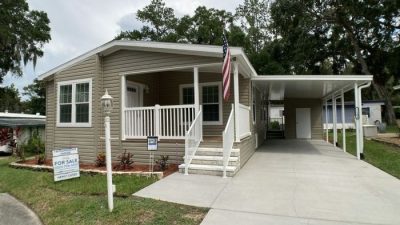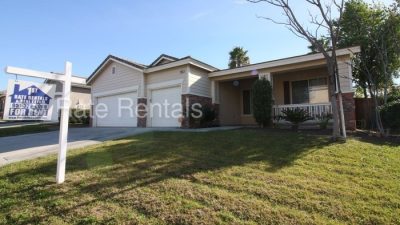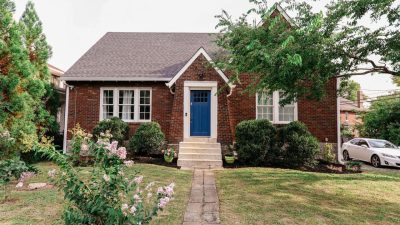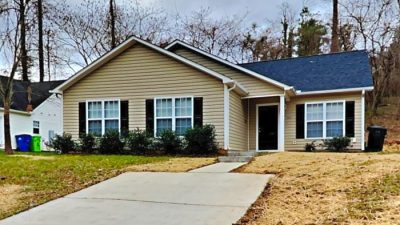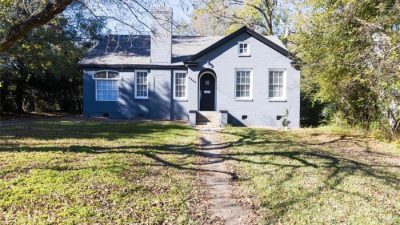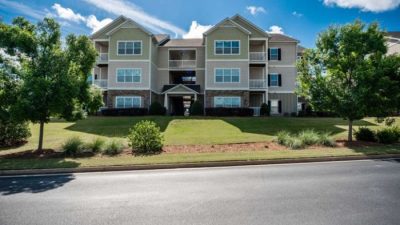Understanding the Private Rental Market
Houses for rent by private owner – Navigating the world of privately rented houses requires a savvy approach. This section unpacks the nuances of this market, from understanding renter profiles to grasping the financial implications for both landlords and tenants.
The Typical Private Rental House Renter
The typical renter seeking a privately owned house often comprises young professionals, families, or individuals seeking more space and autonomy than a flat might offer. They value direct interaction with the landlord, often seeking a more personal and flexible rental experience than that offered by larger property management companies. This demographic is frequently looking for longer-term leases, valuing stability and avoiding the hassle of frequent moves.
Private Landlords vs. Property Management Companies: A Comparison
Renting from a private landlord offers a more personal touch, often with greater flexibility in lease terms and a more direct line of communication for maintenance issues. However, this comes with potential downsides, such as a lack of professional property management expertise and a higher chance of encountering disagreements regarding repairs or lease terms. Property management companies offer a more structured approach with established processes for maintenance, rent collection, and dispute resolution, but this often comes at a higher cost and potentially less flexibility.
Key Factors Influencing Rental Prices in South-West London
Rental prices in South-West London, a highly desirable area, are significantly influenced by proximity to transport links (specifically the Underground), the quality of local schools, and the overall condition and size of the property. Houses near popular tube stations command significantly higher rents compared to those further afield, even if the properties themselves are similar in size and condition.
The presence of good state or private schools in the vicinity also increases desirability and rental value.
Average Rental Prices in South-West London
| Location | Average Rent (£/month) | Property Type | Typical Lease Term |
|---|---|---|---|
| Clapham | 2500-3500 | 3-bedroom house | 12 months |
| Putney | 2800-4000 | 4-bedroom house | 12 months |
| Richmond | 3500-5000 | 4-bedroom house with garden | 18 months |
| Wimbledon | 3000-4500 | 3-bedroom house | 12 months |
Advertising and Securing Tenants
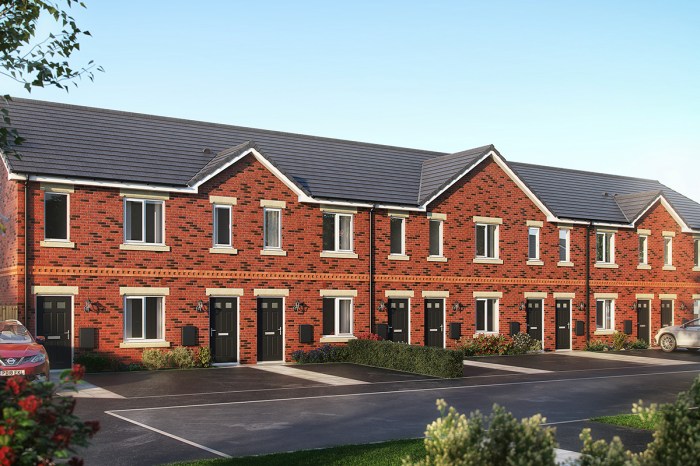
Source: affino.com
Effectively advertising a rental property is crucial for attracting suitable tenants. This section explores various advertising platforms and provides insights into crafting compelling advertisements.
Online Platforms for Advertising Rental Properties, Houses for rent by private owner
Popular online platforms for advertising privately owned rental houses include Rightmove, Zoopla, and SpareRoom. Each platform has its own strengths and weaknesses in terms of reach and target audience. Rightmove and Zoopla are comprehensive property portals, while SpareRoom focuses more on room rentals and shared housing arrangements. Social media platforms like Facebook Marketplace can also be effective, particularly for reaching a local audience.
Effective and Ineffective Advertisement Descriptions
Effective advertisements highlight key features such as proximity to transport links, local amenities, and property highlights (e.g., modern kitchen, private garden). They use clear, concise language and avoid jargon. Ineffective advertisements are often poorly written, lack detail, or contain misleading information. High-quality photographs are paramount. A poorly written ad, even with good photos, can fail to attract potential tenants.
Sample Advertisement: Three-Bedroom House in Wimbledon
A stunning three-bedroom house available for rent in Wimbledon. This property boasts a modern kitchen, spacious living area, private garden, and off-street parking. Located within walking distance of Wimbledon station and local shops. Rent: £3,200 per month. Contact [phone number] or [email address] for viewings.
The Power of High-Quality Photographs
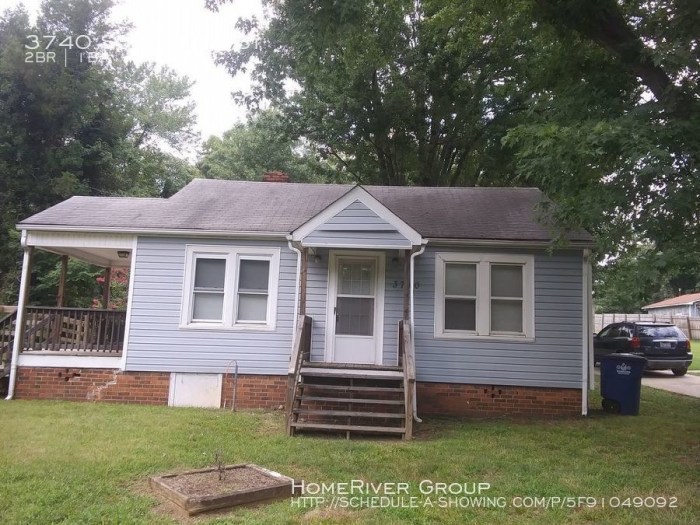
Source: apartments.com
High-quality photographs are essential for attracting potential tenants. Effective photos are well-lit, showcasing the property’s best features. They should be taken during the day to capture natural light, showing each room in its best possible state, with minimal clutter. Wide-angle shots to show the spaciousness of rooms, close-ups of key features like kitchen appliances or bathrooms, and exterior shots showing the garden or parking are all crucial.
The Rental Process and Legal Aspects: Houses For Rent By Private Owner
Understanding the legal framework and practical steps involved in renting a house from a private owner is crucial for a smooth and successful tenancy. This section Artikels the key stages and legal considerations.
Steps Involved in Renting a House from a Private Landlord
The process typically begins with viewing the property, followed by making an offer, referencing (credit and background checks), negotiating lease terms, and finally signing the tenancy agreement. Once the agreement is signed, the tenant pays a deposit and the first month’s rent, and the keys are handed over. Throughout this process, open communication and transparency are vital.
Skip the corporate middlemen and find your dream home directly from the owner! For a truly personalized rental experience, consider houses for rent by private owner, and if you’re searching in the vibrant city of San Antonio, check out this fantastic resource for houses for rent san antonio to find your perfect match. Direct owner rentals often offer greater flexibility and a more personal touch, making your house hunting journey smoother and more rewarding.
Essential Clauses in a Private Rental Lease Agreement
A lease agreement should clearly Artikel the rental amount, payment schedule, lease duration, tenant responsibilities (e.g., maintaining the property), landlord responsibilities (e.g., repairs), and procedures for ending the tenancy. It should also specify the deposit amount and how it will be protected (typically through a government-approved scheme).
Common Landlord-Tenant Disputes and Prevention
Common disputes often arise from issues relating to repairs, rent payments, and the condition of the property at the start and end of the tenancy. To prevent these, clear communication, well-maintained records (photos, communication logs), and a comprehensive lease agreement are essential. Regular inspections can also help identify and address potential issues early on.
Landlord and Tenant Document Checklist
- Landlord: Gas safety certificate, EPC certificate, proof of insurance, tenancy agreement, inventory report.
- Tenant: Proof of ID, proof of address, employment references, bank statements.
Managing a Privately Owned Rental Property
Successfully managing a rental property involves various responsibilities, from property maintenance to rent collection and conflict resolution. This section provides insights into effective property management strategies.
Responsibilities of a Private Landlord
A private landlord is responsible for maintaining the property in a habitable condition, carrying out necessary repairs, ensuring compliance with safety regulations (gas, electricity, fire safety), and addressing tenant concerns promptly. Regular inspections are essential to identify and address potential issues before they escalate.
Methods for Rent Collection
Several methods exist for collecting rent, including bank transfers, standing orders, and online payment platforms. Each has its pros and cons. Bank transfers offer direct control, while online platforms often provide automated reminders and tracking features. The choice depends on the landlord’s preference and the tenant’s convenience.
Handling Tenant Complaints and Resolving Conflicts
Effective communication is key to resolving tenant complaints. Landlords should respond promptly and professionally to all concerns, attempting to find mutually agreeable solutions. Mediation services can be useful in resolving more complex disputes. Maintaining good relationships with tenants reduces the likelihood of conflict.
Sample Monthly Budget for Rental Property Management
| Expense | Amount (£) |
|---|---|
| Mortgage/Rent | 1000 |
| Council Tax | 200 |
| Insurance | 100 |
| Repairs & Maintenance | 150 |
| Property Management Fees (if applicable) | 100 |
| Total Monthly Expenses | 1550 |
Financial Aspects of Private Rental Ownership
Investing in rental property involves significant financial considerations, from setting rental rates to understanding tax implications and potential risks. This section provides an overview of the key financial aspects.
Skip the hassle of real estate agents and find your dream home directly from the owner! Houses for rent by private owner offer unique opportunities and personalized experiences. Learn more about securing the perfect rental agreement by exploring the comprehensive resources on rent on house and then return to finding that perfect private rental – your ideal home awaits!
Factors to Consider When Setting Rental Rates
Rental rates are influenced by factors such as property location, size, condition, and market demand. Researching comparable properties in the area and considering local market trends is crucial for setting a competitive yet profitable rent.
Tax Deductions and Benefits for Private Landlords
Landlords can deduct various expenses from their rental income, reducing their overall tax liability. These deductions can include mortgage interest, property maintenance costs, council tax, and insurance premiums. Specific regulations and allowances vary depending on the region and tax laws.
Risks Associated with Private Rental Property Ownership
Potential risks include periods of vacancy, property damage, tenant defaults on rent, and unexpected repair costs. Mitigating these risks involves thorough tenant screening, comprehensive insurance coverage, and having a financial buffer to cover unexpected expenses.
Potential Return on Investment (ROI)
- Purchase Price: £500,000
- Annual Rental Income: £36,000 (£3,000/month)
- Annual Expenses (excluding mortgage): £6,000
- Annual Net Income: £30,000
- ROI (before mortgage): 6%
- Note: This is a simplified example and does not account for mortgage interest, capital appreciation, or potential tax deductions.
Question Bank
What’s the average length of a lease agreement for a privately owned house?
Lease lengths vary, but common terms are 6 months, 1 year, or 2 years.
How do I find a reputable private landlord?
Check online reviews, ask for references, and thoroughly vet any potential landlord before signing a lease.
What are my rights as a tenant renting from a private owner?
Your rights depend on your location and local laws; research tenant rights in your area or consult a legal professional.
What if my landlord doesn’t make necessary repairs?
Most jurisdictions have laws protecting tenants’ right to habitable housing; document the issue and follow local procedures for addressing repair requests.
Can I negotiate the rental price with a private owner?
Absolutely! Research comparable properties in the area to support your negotiation.
